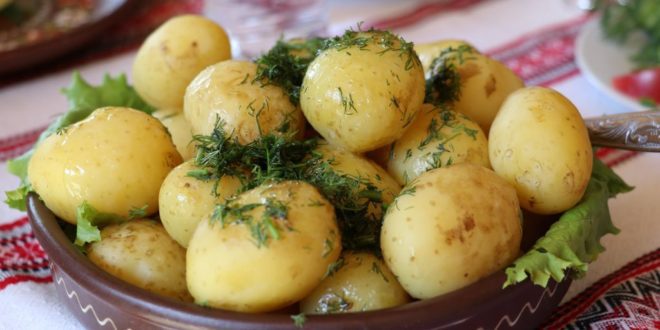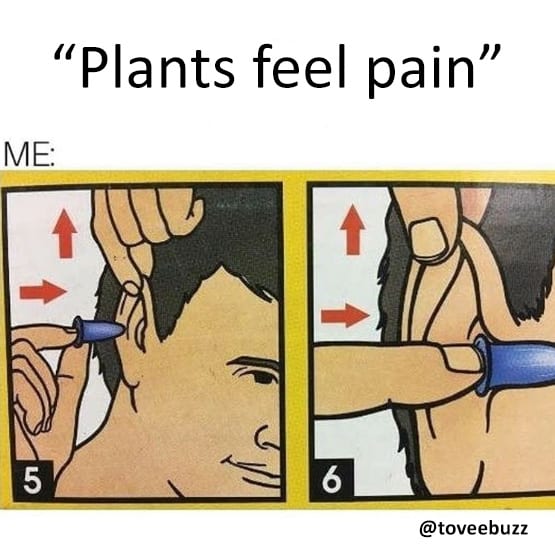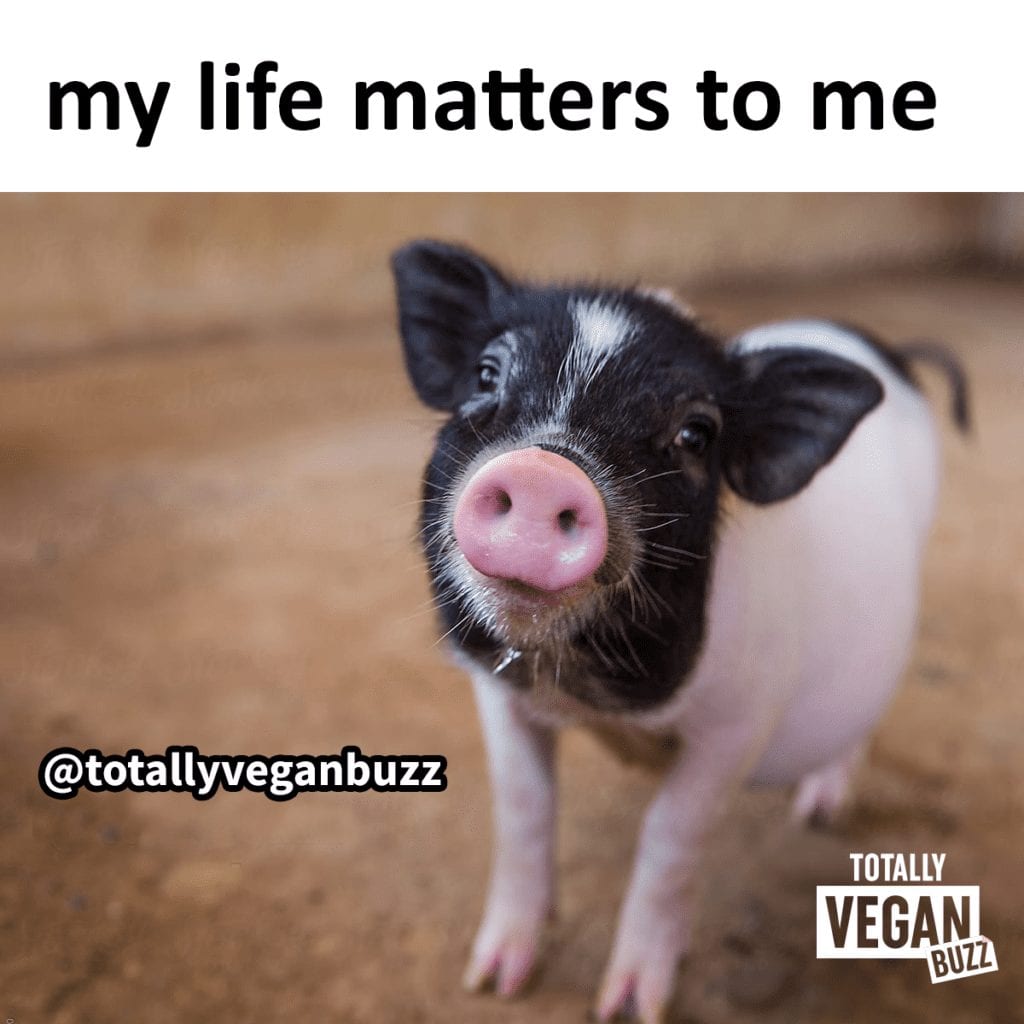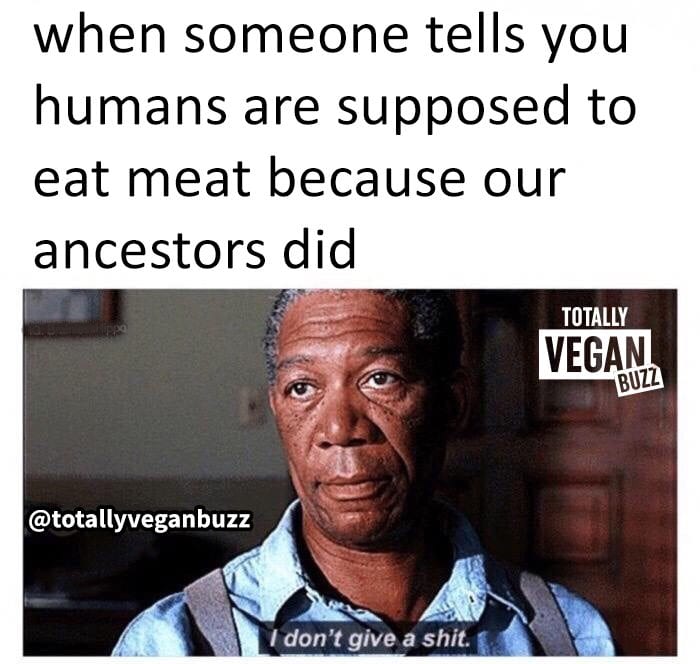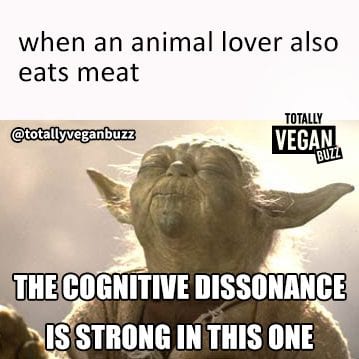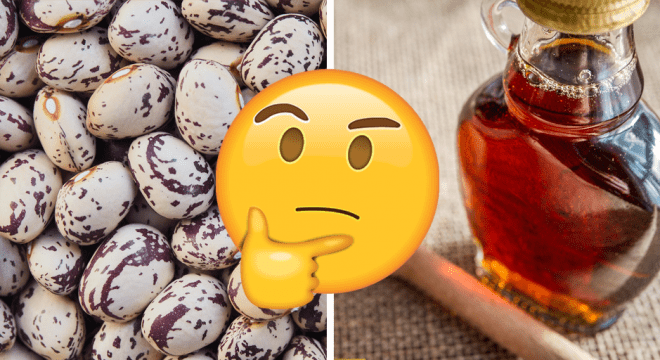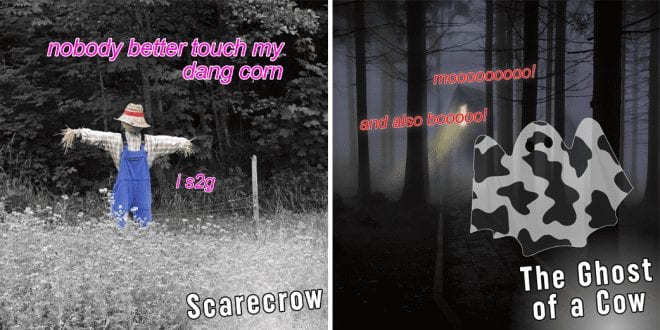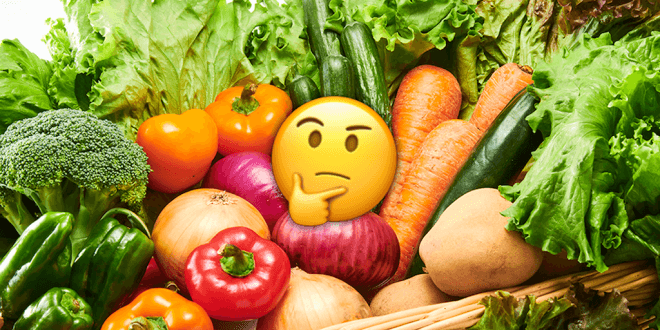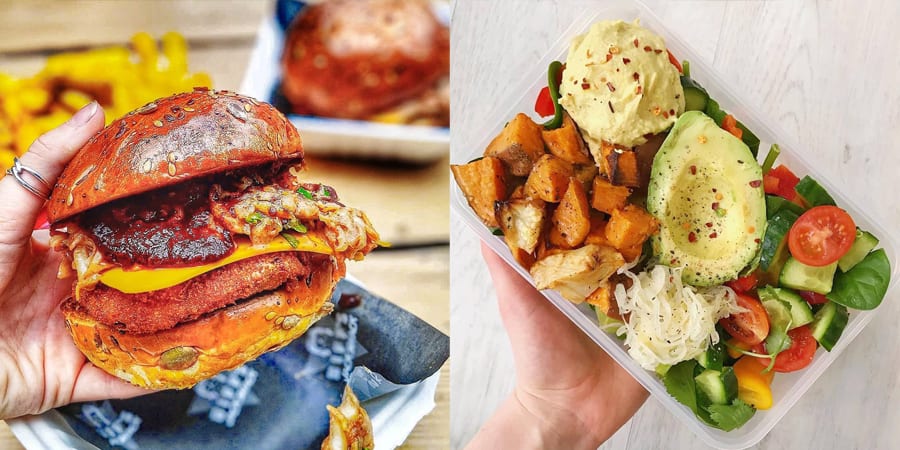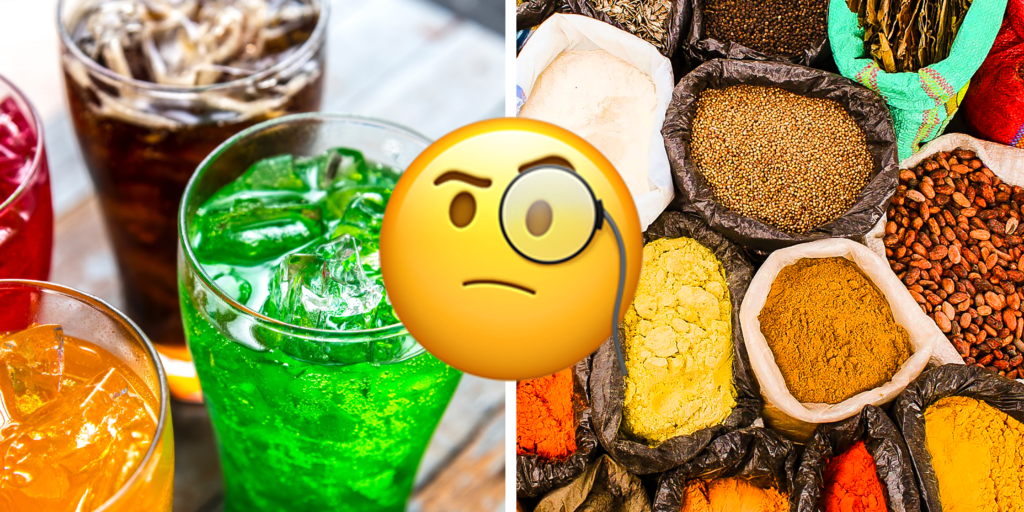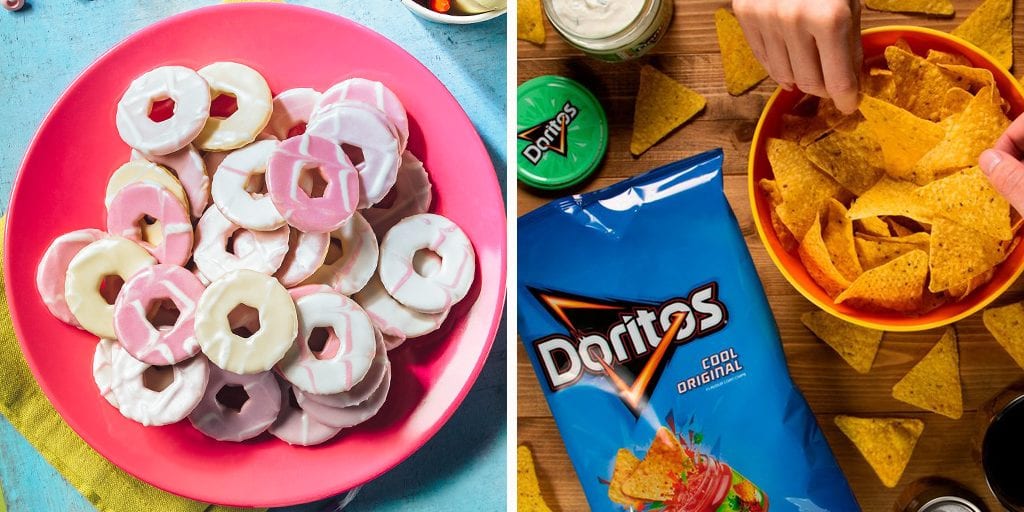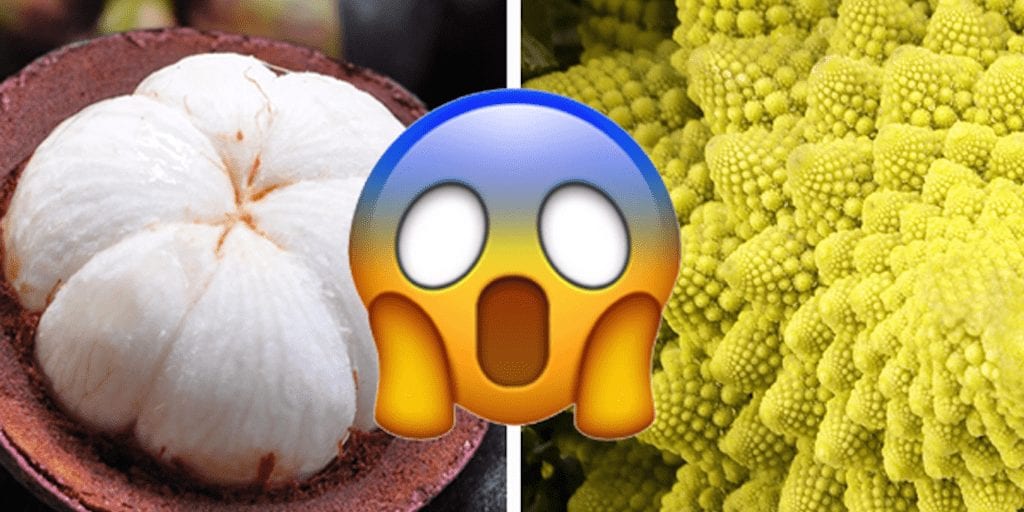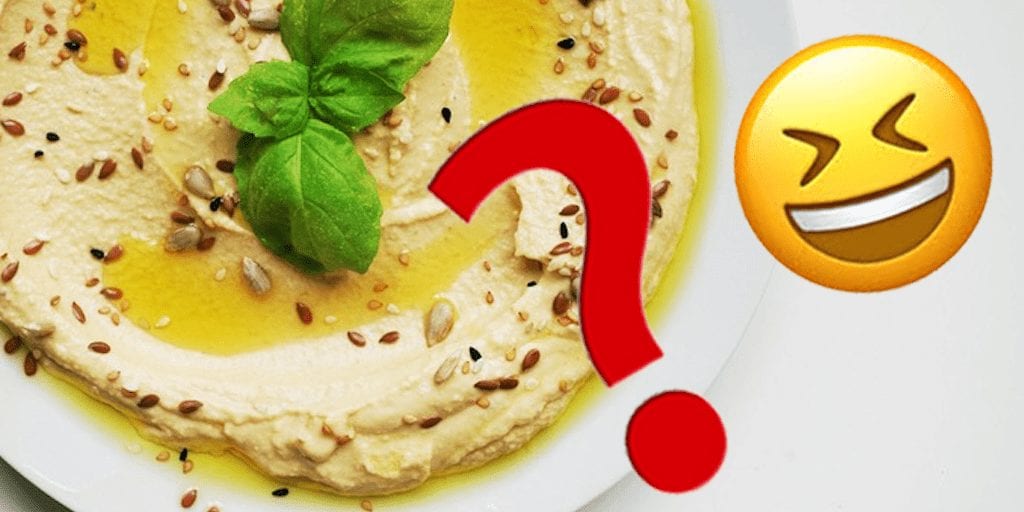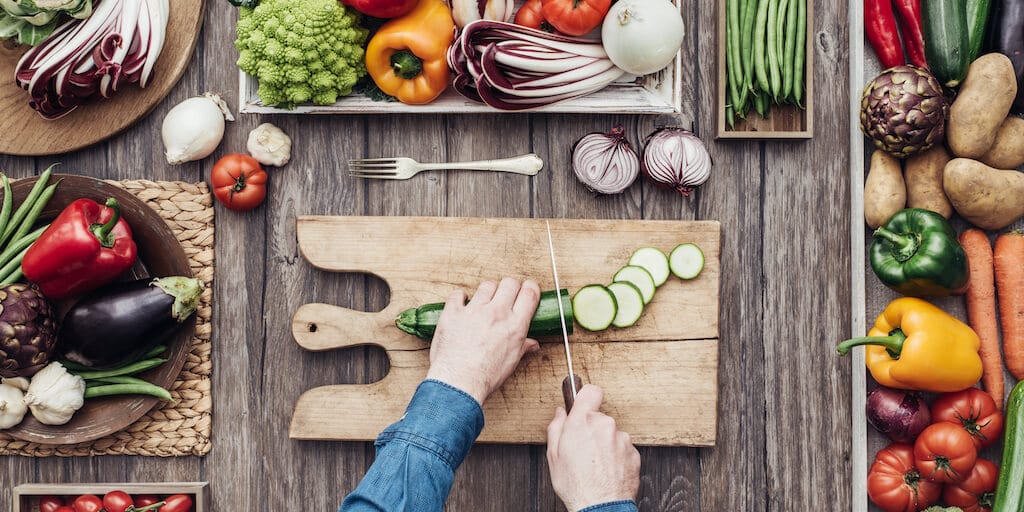
“Something as simple as eating more fruits and vegetables and drinking more tea is an easy way for people to take an active role in maintaining their brain health.”
According to a new study, people who follow a vegan diet that includes more antioxidant flavonols like those found in fruits and vegetables as well as tea may have slower mental ageing.
Scientists at the Rush University Medical Centre in Chicago looked at data from a study that involved 961 people with an average age of 81 without dementia over a seven-year period.
The results are published in the American Academy of Neurology’s journal, Neurology.
“Something as simple as eating more fruits and vegetables and drinking more tea is an easy way for people to take an active role in maintaining their brain health,” study author Thomas M. Holland said in a statement.
Study
The enrolled people filled out a questionnaire each year on how often they ate certain foods. They took annual cognitive and memory tests, which included recalling lists of words, remembering numbers, and putting them in the correct order.
The researchers also quizzed the participants on their time spent being physically and mentally active.
They divided the respondents into five equal groups based on how much flavonol they consumed.
Flavonols are a class of flavonoids, which are a group of phytochemicals that are found in many fruits, vegetables, nuts, seeds, and other plants. They are known for their anti-inflammatory and antioxidant properties. Flavonols have been shown to have potential health benefits, including reducing the risk of heart disease and some types of cancer.
US adults consume approximately 16 to 20 milligrams of flavonols per day, while the study population consumed approximately 10 milligrams.
Average intake for the lowest group was about 5 mg per day, while the highest consumed an average of 15 mg per day, which is to say about one cup of dark leafy greens per day.
Results
Researchers used an overall global cognition score based on 19 cognitive tests to determine rates of cognitive decline. On an average, people without thinking problems scored 0.5, people with mild cognitive impairment scored 0.2, and people with Alzheimer’s disease scored -0.5.
The experts found that after adjusting for other factors that could affect memory decline, including age, sex, and smoking, those with the highest flavonol intake had a slower decline in cognitive scores by 0.4 units per decade than those who consumed the lowest amounts.
Flavonols and their impact on brain power
The study further examined the impact of the four major flavonols — kaempferol, quercetin, myricetin and isorhamnetin — on the rate of cognitive decline over the seven years.
Kaempferol, which is found in kale, beans, tea, spinach, and broccoli, had the highest impact. People who ate kaempferol rich foods showed a 0.4 units per decade slower rate of cognitive decline compared with those who ate the fewest.
Myricetin, which is found in tea, kale, oranges, and tomatoes was next. People who ate most myricetin rich foods had a 0.3 units per decade slower rate of cognitive decline compared with the lowest consuming group. People who ate the most foods with quercetin, which is mostly found in tomatoes, kale, apples, and tea showed a 0.2 units per decade slower rate of cognitive decline.
According to the findings, dietary isorhamnetin had no impact.
“It’s exciting that our study shows making specific diet choices may lead to a slower rate of cognitive decline,” Holland said while noting the inherent antioxidant and anti-inflammatory properties of flavonols for the slower decline.
He added that while the study shows an association between higher amounts of dietary flavonols and slower cognitive decline, it does not prove that flavonols directly strengthen memory power.
Study limitations
While the study had apparent positives, research on the impact of flavonols on human health have been inconclusive.
“There are other bioactives that may contribute to the observed outcomes,” Dr. David Katz, a specialist in preventive and lifestyle medicine and nutrition who was not involved in the study told CNN.
“Supplemental studies are required to isolate flavonoid effects fully.”
Other limitations of the study are that the food frequency questionnaire, although valid, was self-reported, so people may not accurately remember what they eat.
Share this story: Antioxidants in fruits and vegetables linked to slower memory decline, new study reveals.
About The Author
Lifestyle
Vegan culture, food, beauty & more
Is Tobey Maguire vegan? Here’s what we know
- Mohsina Dodhiya
- 17th August 2023
Tobey Maguire often speaks about veganism and animal issues. Tobey Maguire, the actor best known for playing Spider-Man in the Sam Raimi trilogy, is a vegan. He has been a vegetarian since 1992 and became a vegan in 2009. A lifelong commitment to animal rights Maguire’s decision to go vegan was motivated by his love …
Continue reading “Is Tobey Maguire vegan? Here’s what we know”
Plant-based food jobs surge with 32% growth in just 3 months
- Mohsina Dodhiya
- 17th August 2023
The number of open jobs advertised in the plant-based industry increased by almost a third from April to July 2023, GlobalData reported. The plant-based food industry is booming, and this is reflected in the number of job openings in the sector. According to data from GlobalData, the number of open jobs advertised in the plant-based …
Continue reading “Plant-based food jobs surge with 32% growth in just 3 months”
VEGAN MEMES
NEED A LAUGH?
QUIZZES
All the quizzes you love to binge!
QUIZ: If you score 11/12 on this quiz, you’re a verified vegan food expert
- Marlon Farrugia
- 10th January 2020
How much vegan knowledge do you have stored away? Do you have to Google your way through a shopping trip, or do you have all the bad E-numbers memorised? Find out now with this quiz.
QUIZ: What is your perfect Vegan Halloween Costume?
- Marlon Farrugia
- 13th October 2019
Spook Season approaches. There will be ghosts, goblins, ghouls, and glucose. You need a costume, and you want to it to show off your personality, which means VEGAN. But what to choose? Take our quiz to find out your perfect outfit.
QUIZ: What kind of vegetable are you?
- Marlon Farrugia
- 26th September 2019
“If you were a vegetable, what kind would you be?” A question that has tormented humanity throughout the ages – until now. Read: QUIZ: If you score 19/20 on THIS quiz, you’re a Vegan God






